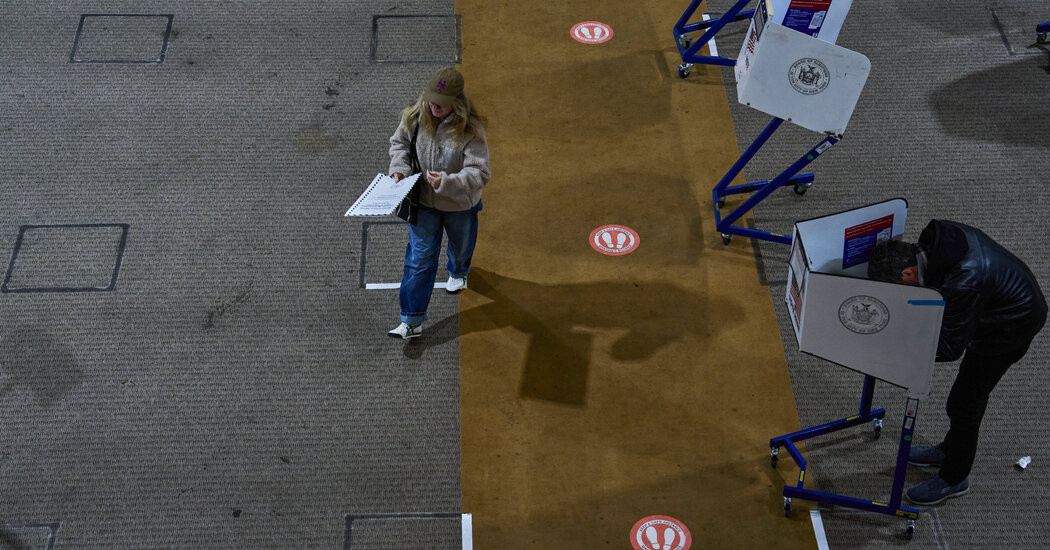

In the first election after the pandemic, Americans are heading to the polls full of emotions.
When Americans voted in the last presidential election, people were profoundly isolated from their friends and loved ones. Tens of millions of schoolchildren were still learning virtually, and office workers were hunkered down at home, experiencing the world through their smartphones and laptops.
There was no real sense for when the coronavirus pandemic would end or how it would alter people’s lives.
Four years later, the country regards the event as being long over. There is barely any discussion of Covid from the presidential candidates. But as a divided America approaches its last day of voting, the toll of that period of national and personal crisis is still unfolding.
“Underneath it all, so much of the rage and angst and animosity, I believe, is unprocessed grief,” said the Rev. Amy Greene, who was the director of spiritual care for the Cleveland Clinic health system during the pandemic.
America is particularly “grief-phobic,” she said. “Anger is a lot easier because it makes you feel powerful even if you are not. It overwhelms fear and sadness,” she said. “I think that is why we see so much rage on both sides.”
The pandemic brought immense grief, over the death of loved ones, friends’ funerals and missed celebrations. There were enormous economic and social consequences, for everyone.